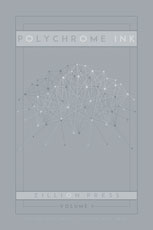 Polychrome Ink is a new biannual print and e-published journal with the mission to highlight that diversity is not a niche market, but a mass market.
Polychrome Ink is a new biannual print and e-published journal with the mission to highlight that diversity is not a niche market, but a mass market.
“Polychrome Ink is run by a group of diverse friends,” Executive Editor Em Salgado explained to me. “We met due to a mutual love of literature. During frequent literary discussions, we often noticed a shortage of characters that represented any of our individual diversity points, which only further highlighted what we felt was lacking. The need to see ourselves normalized in the literature being produced and the literature we love became our raison d’être. Eventually we grew tired of simply talking about it and decided to take matters into our own hands.”
At the editorial helm along with Em are Associate Editor Zire Fournier, Copy Editor Kimmia Masterson, and Assistant Associate Editor Zaira Fournier. Additionally, Polychrome Ink currently has eight specialty editors who assist with topics and themes in which they have experience. For example, if Polychrome Ink receives a submission with any of the following themes: gay male, genderqueer, religious, neuroatypical — the editors send that submission to Aaron for review because he, himself, is a gay neuroatypical genderqueer individual who studies theology.
Unique to this publication, writers who submit may choose the editor that they feel best suits their work. Em explained, “The process of selecting an editor with the appropriate diversity points and literary interests helps to assure writers that their submission is being reviewed by someone that their work will resonate with the most — thus making the relationship between writer and editor more personal.”
Even the name Polychrome Ink speaks to the diversity of the publication: “We were looking for a moniker that represented diversity,” Em said, “and by extension, diversity in writing. Polychrome means multicolored, yet does not have the same connotation as rainbow, since our demographic extends beyond LGBTQIA+ themes. And Ink, of course, represents the writing itself.”
Readers of Polychrome Ink can expect to find a collection of short fiction, creative nonfiction, flash fiction, essays, and poetry written by diverse authors and/or with diverse themes. Em explains that “Polychrome Ink seeks to share authentic voices and quality literature, covering an array of genres and topics, with the hopes that the work resonates with readers.”
For their inaugural issue, the featured author was Tessa Gratton, alongside Emma Mauze, Frances Kimpel, D. Michael Warren, Shana Bulhan Haydock, David Perlmutter, Yuan Changming, Anders Scott, Jan Steckel, Robin Wyatt Dunn, Courtney Hamel, Kim Luna, Jaycee Boydgarcia, Alex Franco, Malcolm Friend, and Stephen Mead.
“In terms of the future,” Em told me, “we will continue providing an outlet and resource for writers and readers alike. We would like to be amidst the publications everyone looks to for original diverse literature. We also have plans to expand our staff — thus broadening the diverse spectrum of our editorial team.”
Polychrome Ink accepts submissions via email and is approaching the end of the submission period for Volume II — which releases in October. (Submissions close July 31.) There is no reading fee and the publication is a paying market with hopes that as readership grows, so will the compensation to writers.
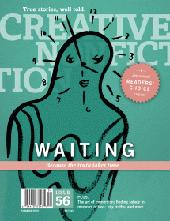 Issue 59 of Creative Nonfiction is themed Waiting. In his editorial, “What’s the Story?” Lee Gutkind examines many of his own experiences with waiting – as an editor, as a writer, as a coffee consumer. He also considers the role he plays in the lives of others and their waiting to hear about submissions they’ve sent in to CNF, that process, and why there is so much waiting for others to do.
Issue 59 of Creative Nonfiction is themed Waiting. In his editorial, “What’s the Story?” Lee Gutkind examines many of his own experiences with waiting – as an editor, as a writer, as a coffee consumer. He also considers the role he plays in the lives of others and their waiting to hear about submissions they’ve sent in to CNF, that process, and why there is so much waiting for others to do.
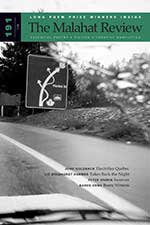
 Carissa Halston’s “Call It a Map” has been awarded the 2015
Carissa Halston’s “Call It a Map” has been awarded the 2015  1st place goes to Lauren Green [pictured] of New York, NY. She wins $1500 for “When We Hear Yellow” and her story will be published in Issue 97 of Glimmer Train Stories. This will be her first publication.
1st place goes to Lauren Green [pictured] of New York, NY. She wins $1500 for “When We Hear Yellow” and her story will be published in Issue 97 of Glimmer Train Stories. This will be her first publication.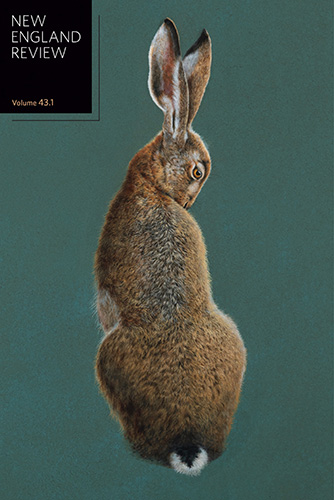 Editor Speer Morgan writes in his
Editor Speer Morgan writes in his 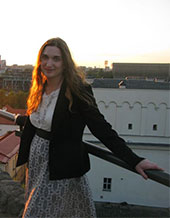

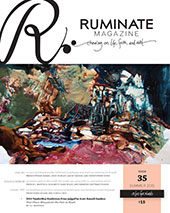
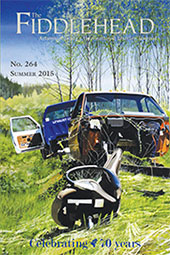 I couldn’t help but to share this snippet from Mark Jarman’s
I couldn’t help but to share this snippet from Mark Jarman’s 
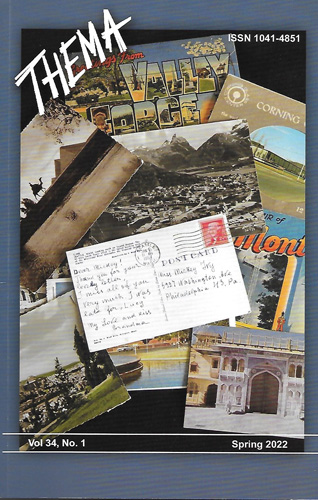 Looking for an idea to get your writing started today? Try
Looking for an idea to get your writing started today? Try 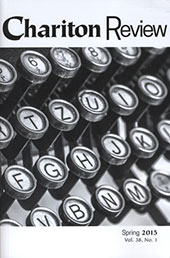 The Spring 2015 issue of
The Spring 2015 issue of 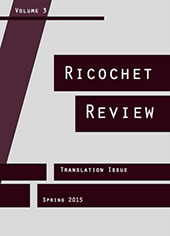 Student poets guided by faculty and editorial editors at Chicago’s Von Steuben Metropolitan Science Center comprise the editorial board of
Student poets guided by faculty and editorial editors at Chicago’s Von Steuben Metropolitan Science Center comprise the editorial board of 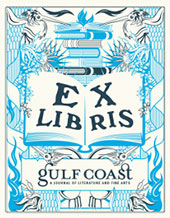 The winner and honorable mentions of the 2014 Barthelme Prize are featured in the Summer/Fall 2015 issue of
The winner and honorable mentions of the 2014 Barthelme Prize are featured in the Summer/Fall 2015 issue of 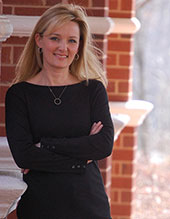
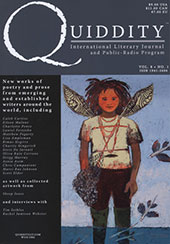 Quiddity
Quiddity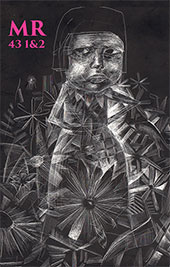
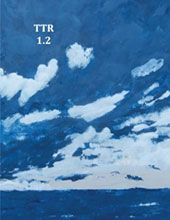 The Tishman Review
The Tishman Review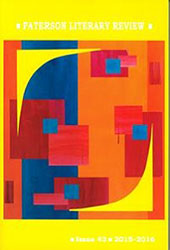 FIRST PRIZE (shared)
FIRST PRIZE (shared)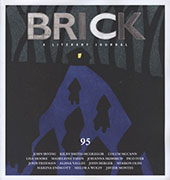 Now this is cool:
Now this is cool:  First place: Spencer Hyde [pictured], of Franktown, CO, wins $1500 for “Light as Wings.” His story will be published in Issue 97 of Glimmer Train Stories. This will be his first major fiction publication.
First place: Spencer Hyde [pictured], of Franktown, CO, wins $1500 for “Light as Wings.” His story will be published in Issue 97 of Glimmer Train Stories. This will be his first major fiction publication.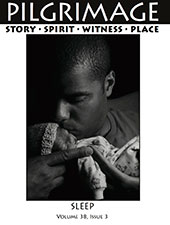
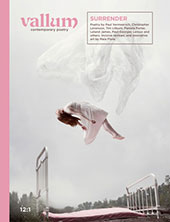 The
The 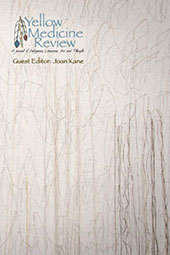
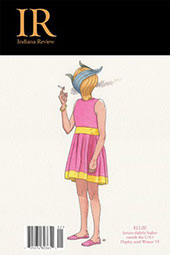

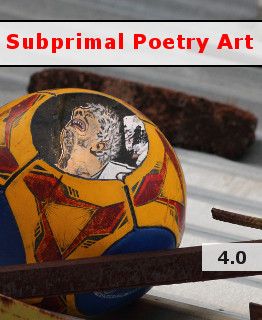 Online literary magazine Subprimal Poetry Art is having a contest to select the theme for their next issue. They are looking for submissions of a theme title and description of approximately 100 words. There is no entry fee to submit to this contest and you can enter up to three times. The winner will receive $50 USD.
Online literary magazine Subprimal Poetry Art is having a contest to select the theme for their next issue. They are looking for submissions of a theme title and description of approximately 100 words. There is no entry fee to submit to this contest and you can enter up to three times. The winner will receive $50 USD.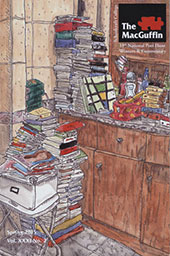 First Place
First Place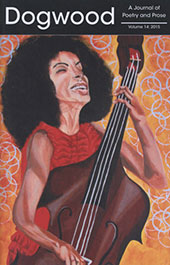 First Prize Creative Nonfiction
First Prize Creative Nonfiction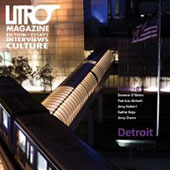 While
While 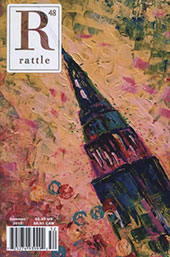 The newest issue of
The newest issue of 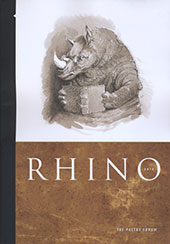 Every year
Every year  The photography and writing of TED Fellow
The photography and writing of TED Fellow 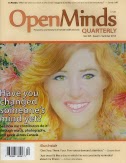 First Place
First Place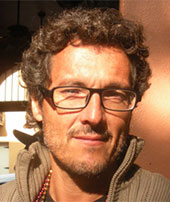 The Spring/Summer 2015 of
The Spring/Summer 2015 of 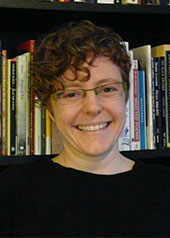
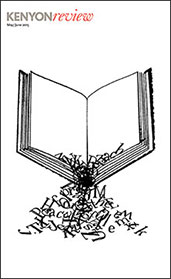 Having made the shift from publishing quarterly to publishing bimonthly in print,
Having made the shift from publishing quarterly to publishing bimonthly in print, 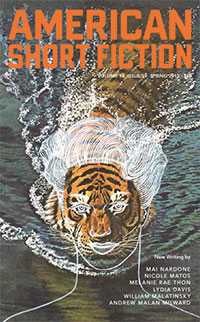
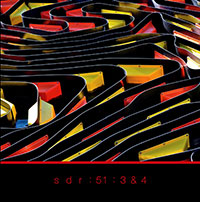 I can’t stop loving
I can’t stop loving 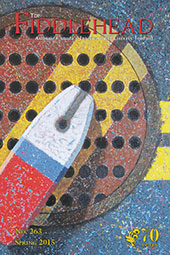 Ralph Gustafson Poetry Prize
Ralph Gustafson Poetry Prize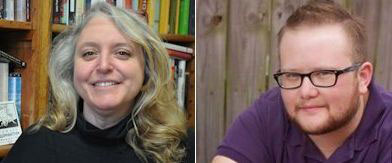
 First place: Clare Thompson-Ostrander [pictured], of Amesbury, MA, wins $1500 for “The Manual for Waitresses Everywhere.” Her story will be published in Issue 97 of Glimmer Train Stories. This is her first national publication.
First place: Clare Thompson-Ostrander [pictured], of Amesbury, MA, wins $1500 for “The Manual for Waitresses Everywhere.” Her story will be published in Issue 97 of Glimmer Train Stories. This is her first national publication. 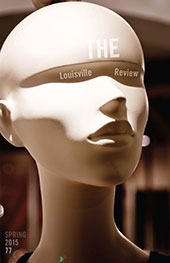 NewPages loves to encourage young readers and writers, evidenced by our
NewPages loves to encourage young readers and writers, evidenced by our 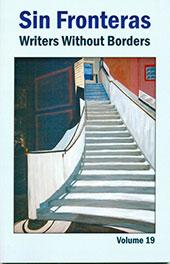
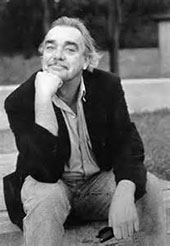
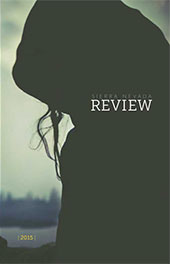 The newest issue of
The newest issue of 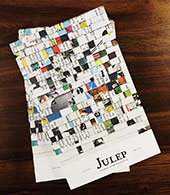 Based out of Nashville, Tennessee,
Based out of Nashville, Tennessee,